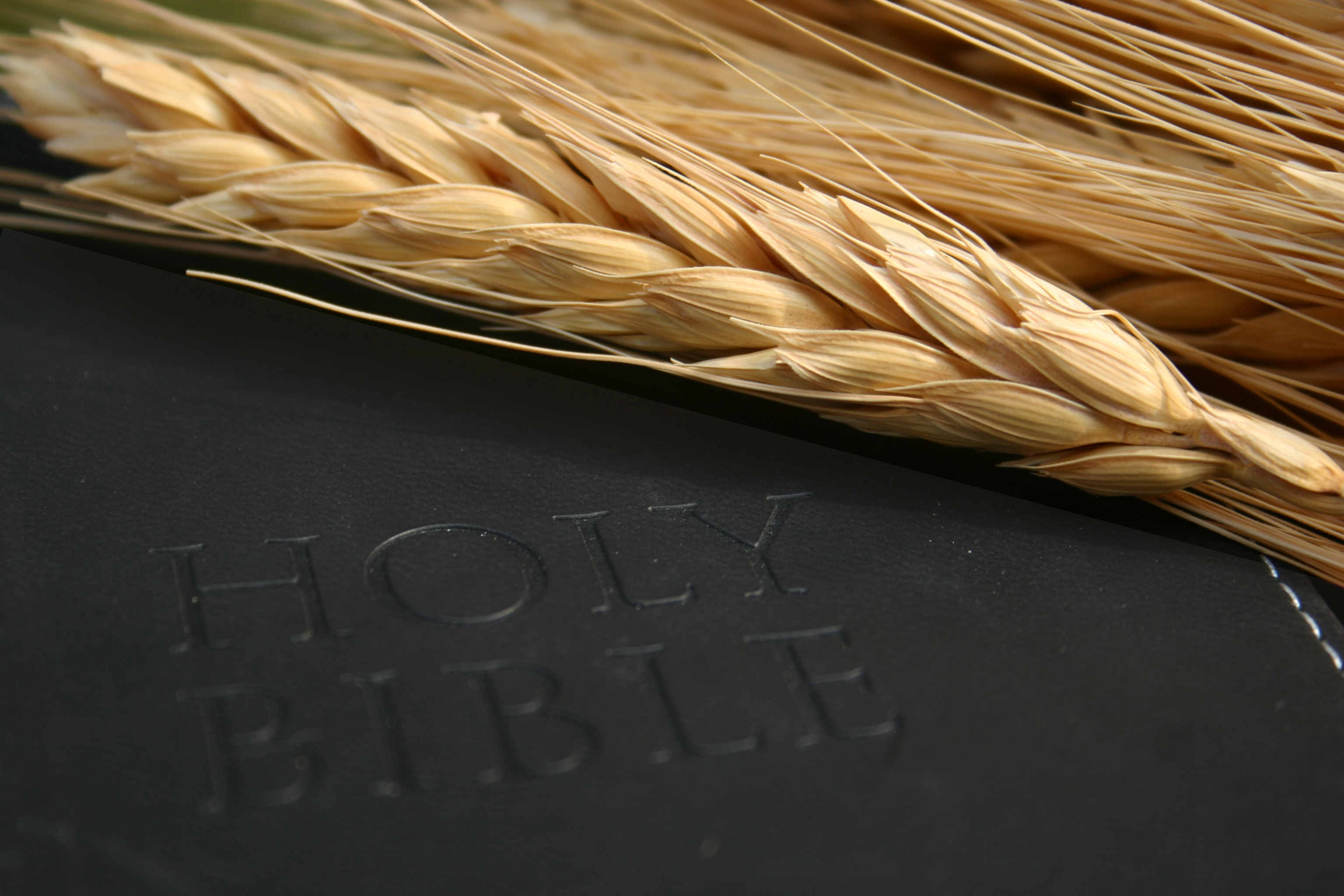Although the word “discernment” does not appear in the Bible (KJV), the idea does. There is a gift of “discerning of spirits” (1Co.12:10). God’s word is “a discerner of thoughts and intents of the heart” (Heb.4:12). We are encouraged to mature spiritually so that we can “discern both good and evil” (Heb.5:14). Ever since God told Adam to “keep the garden” (Gen.2:15), mankind has been engaged in the work of discernment. The following scripture is a description of the work of discernment.
Matthew 3:12
Whose fan is in his hand, and he will throughly purge his floor, and gather his wheat into the garner; but he will burn up the chaff with unquenchable fire.
Here in one brief picture, John the Baptist describes the work of discernment: separating the wheat (the good) from the chaff (the evil or unprofitable part). John is telling what Christ would do in his ministry.
The symbolism goes like this:
• the fan is God’s doctrine (teachings) in a grace depth of spirit (Jer.51:1,2)
• the hand is the anointed ministry of Christ (Mark 1:15)
• purging is getting rid of all the evil and gathering is preserving the good (1Co.5:7,8; Heb.9:14)
• the floor is the mind (Jer.51:33)
• the wheat are the truths of God that people have in a lesser depth (Jer.23:28)
• the garner (barn) is God’s regenerating kingdom (Mat.13:30,43)
• the chaff is anything evil or unprofitable (Jer.23:25-28)
• and the unquenchable fire is God’s eternal word (Jer.23:29)
When Christ comes to us (or we come to Christ), we are double-minded. We have some truths (faith, other fruits of God’s spirit, good thoughts); but we also have many untruths (lies, fears, hurts, doubts, misunderstandings). The anointed message of Christ teaches us to discern between good and bad; the bad (evil) is cast out and the good strengthened. Jesus did just what John said he would do: God gave him the power in his ministry to discern and cast out anyone’s evil thoughts and feelings if they mixed their faith with his message (Mat.9:2-8). Jesus passed that power on to his disciples and that became an integral part of the work of the New Testament church (Mat.10:1; Luk.10:19; Mark 16:17).
God teaches that the evil thoughts and feelings are not us (the soul). Rather, they are evil “programming” that comes into our mind. For example, two of Jesus’ disciples felt like destroying a city of people. Jesus said, “Ye know not what manner of spirit ye are of” (Luk.9:54-56). Jesus discerned that they were feeling an evil, murderous spirit (1Jo.3:15).
Another example is when a man named Simon wanted to buy the gift of the Holy Ghost. Peter said, “Repent therefore of this thy wickedness, and pray God, if perhaps the thought of thine heart may be forgiven thee” (Acts 8:18-22). Peter discerned that Simon envied the power of the disciples and envy is evil (James 3:16). Peter also had the grace power to forgive Simon by casting the evil spirit out (John 20:19, 22, 23; Heb.4:16).
The purpose of the gospel is to teach us how to grow up spiritually and be holy (Eph.4:13-15; 1Pt.1:16). The obstacles to success are evil spirit thoughts and feelings that get programmed into people’s minds and the evil angels that are actively working to stop or slow down our spiritual growth. Overcoming evil is a work, a difficult work; but “strong meat belongeth to them that are of full age, even those who by reason of use have their senses exercised to discern both good and evil” (Heb.5:14). The work of discernment is a continuing necessity in the process of overcoming evil and spiritually growing up. God actually has a large arsenal of spiritual weapons to help us overcome evil (Eph.6:10-18; 1Jo.2:14; 4:17, 18).
